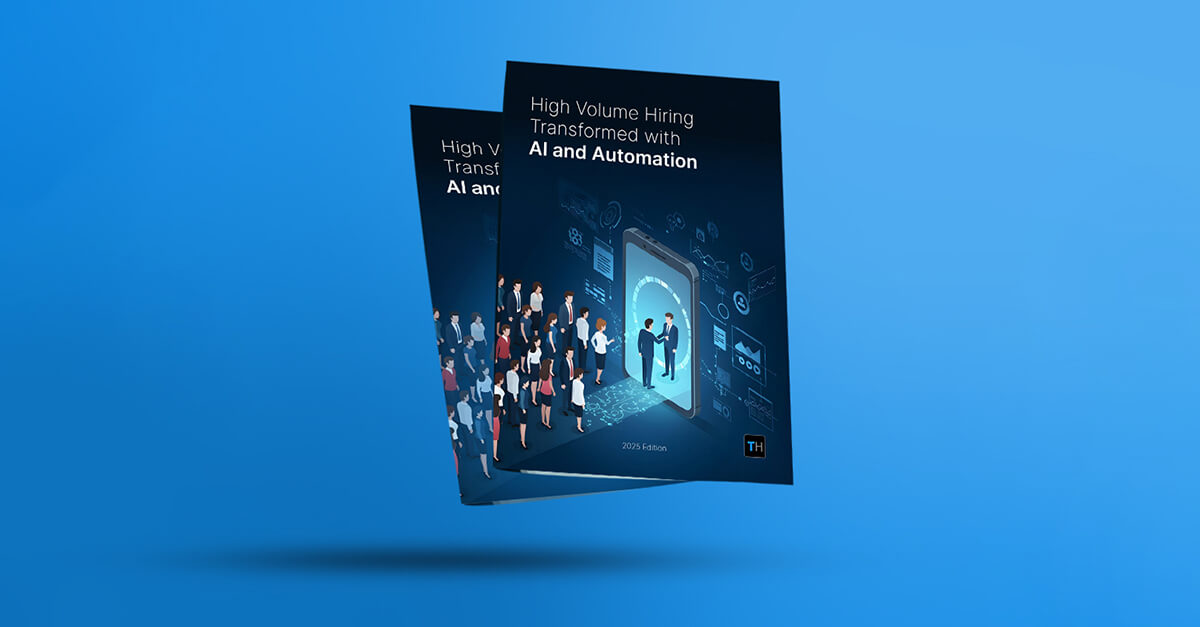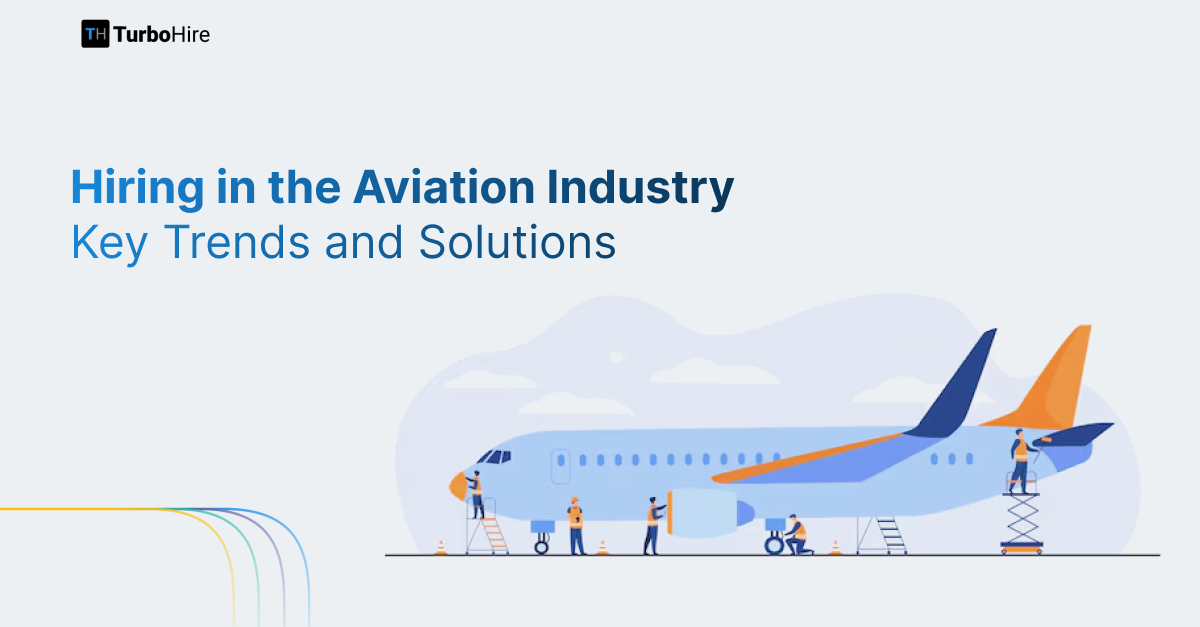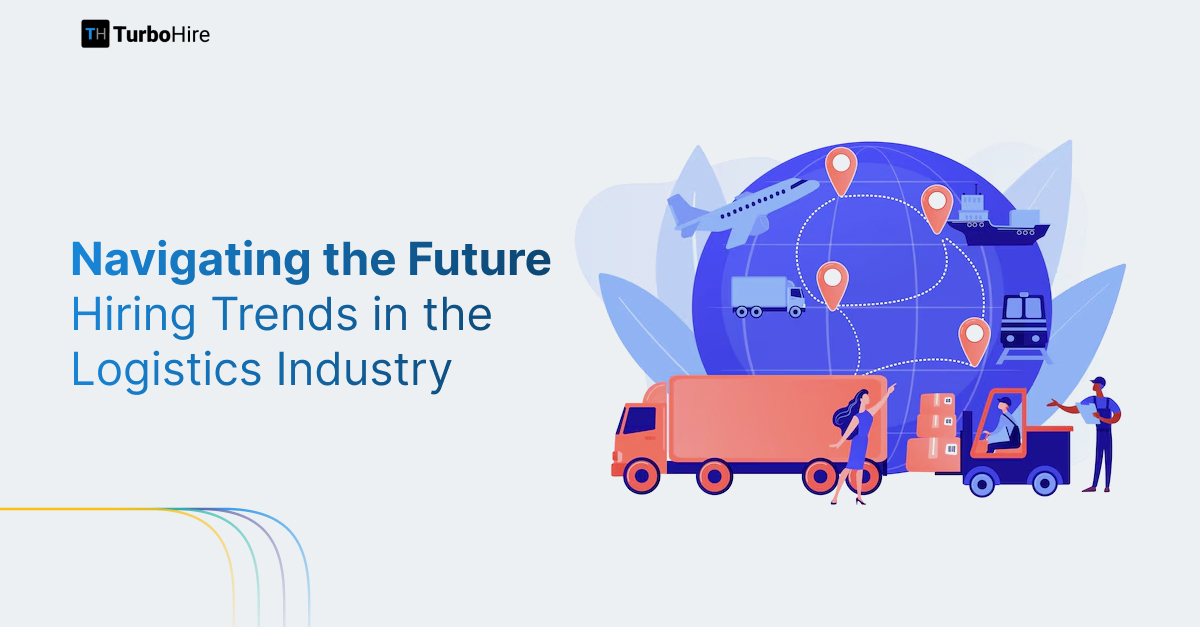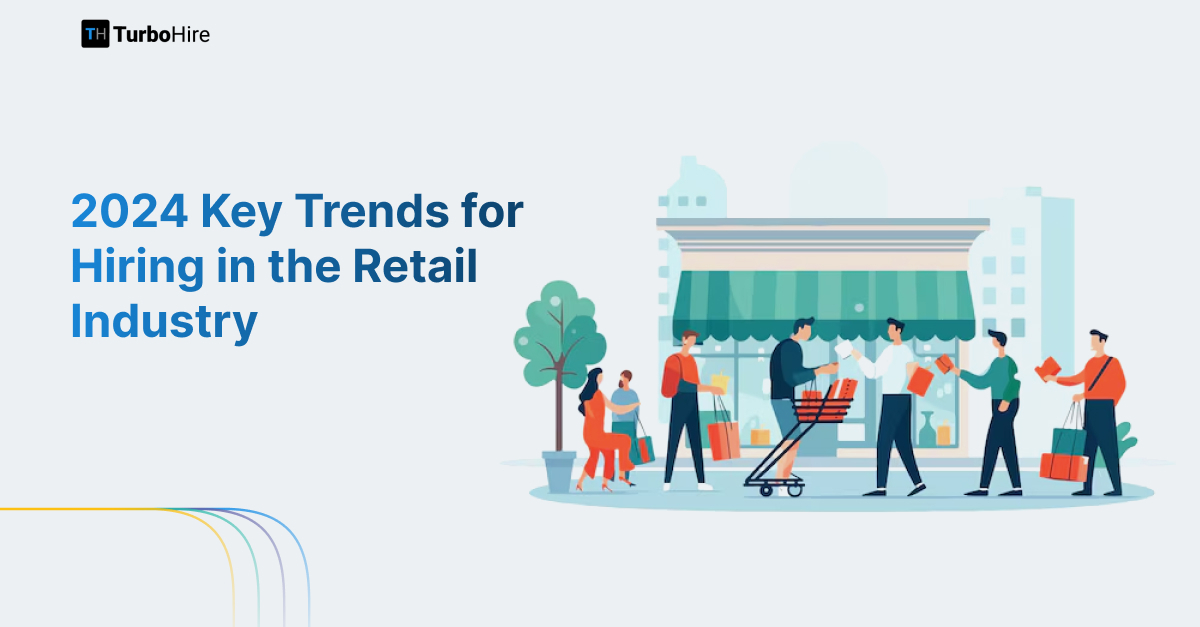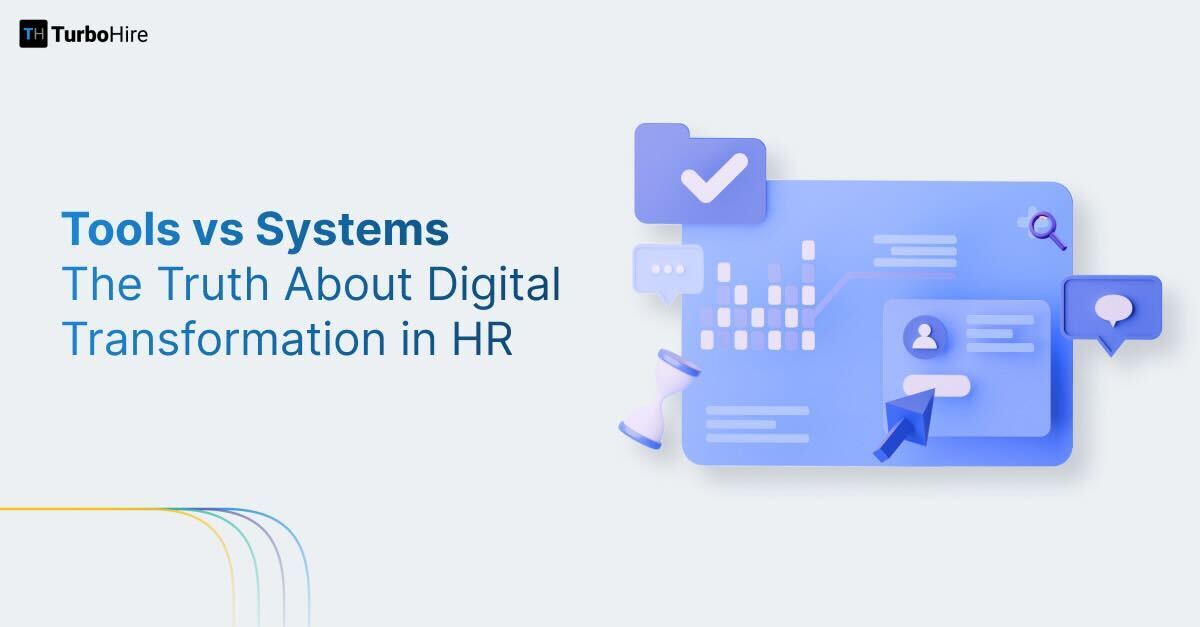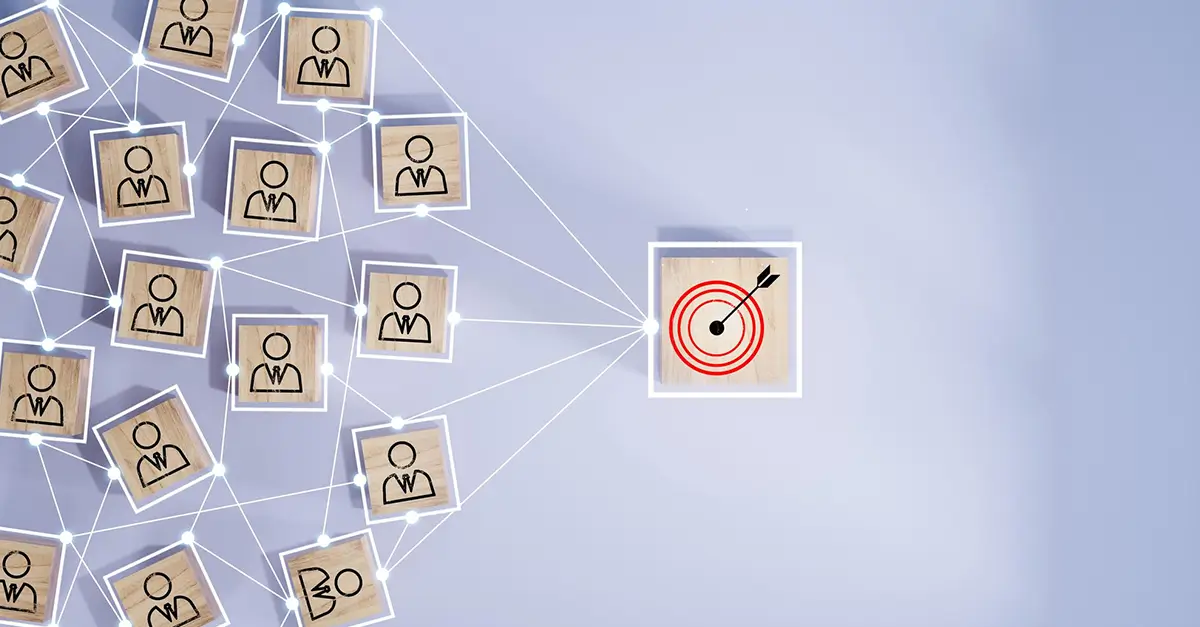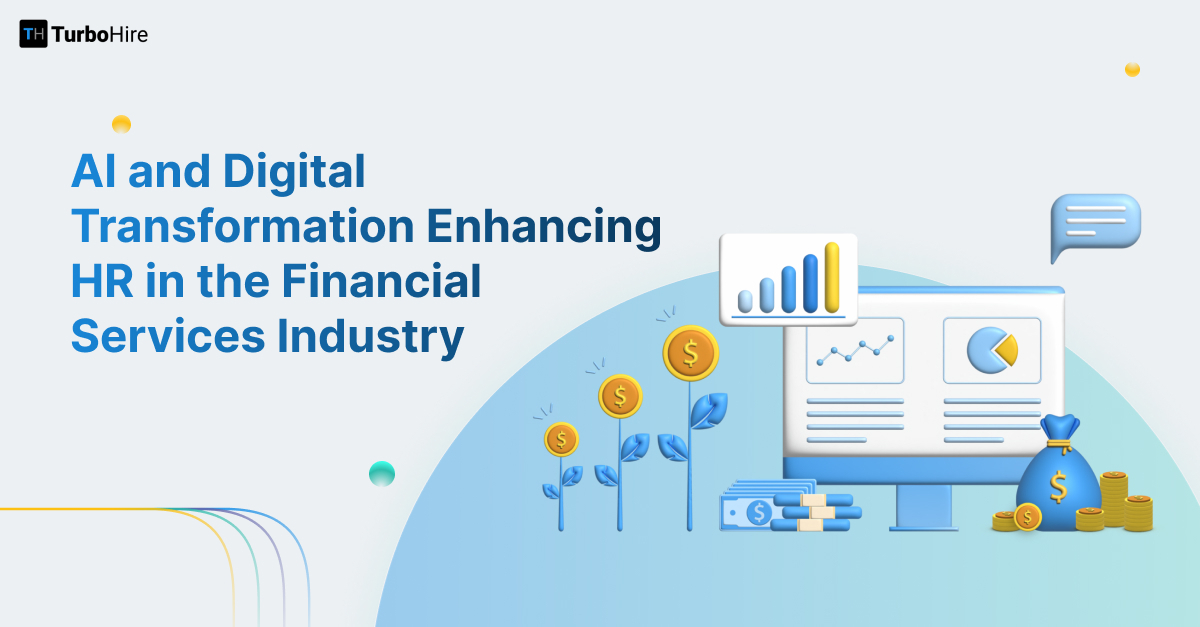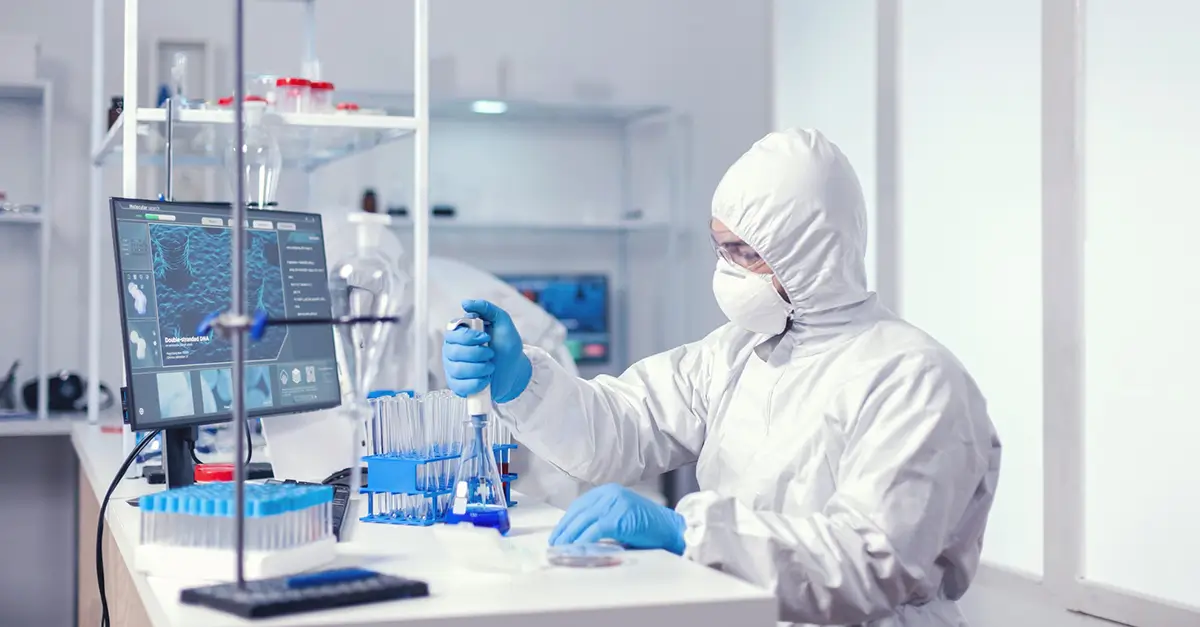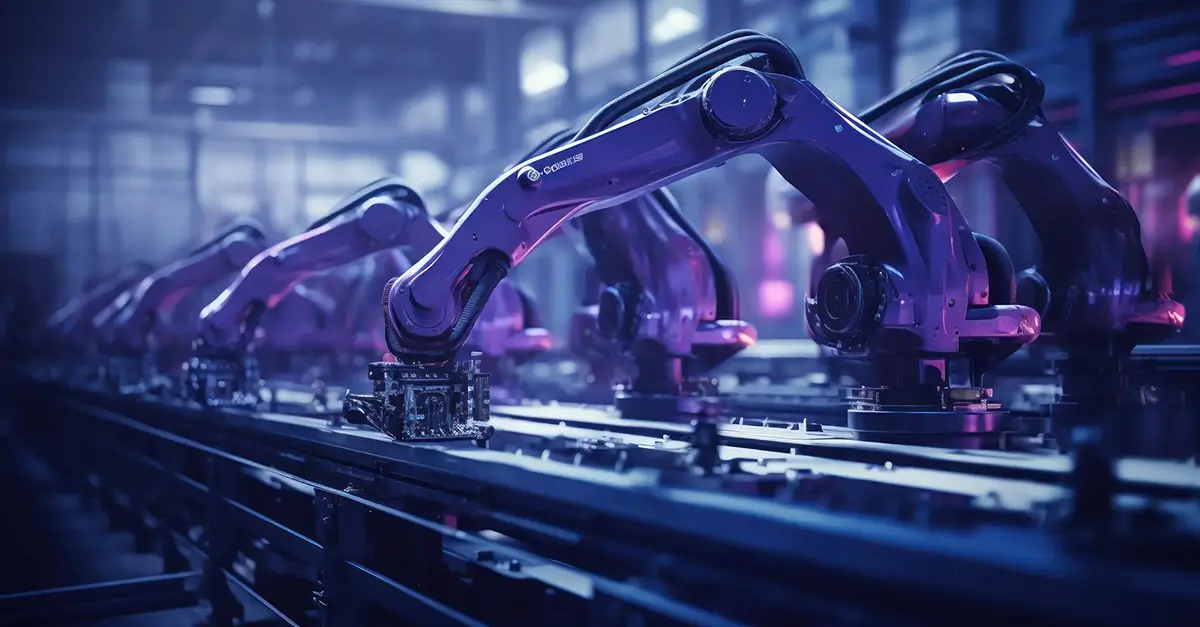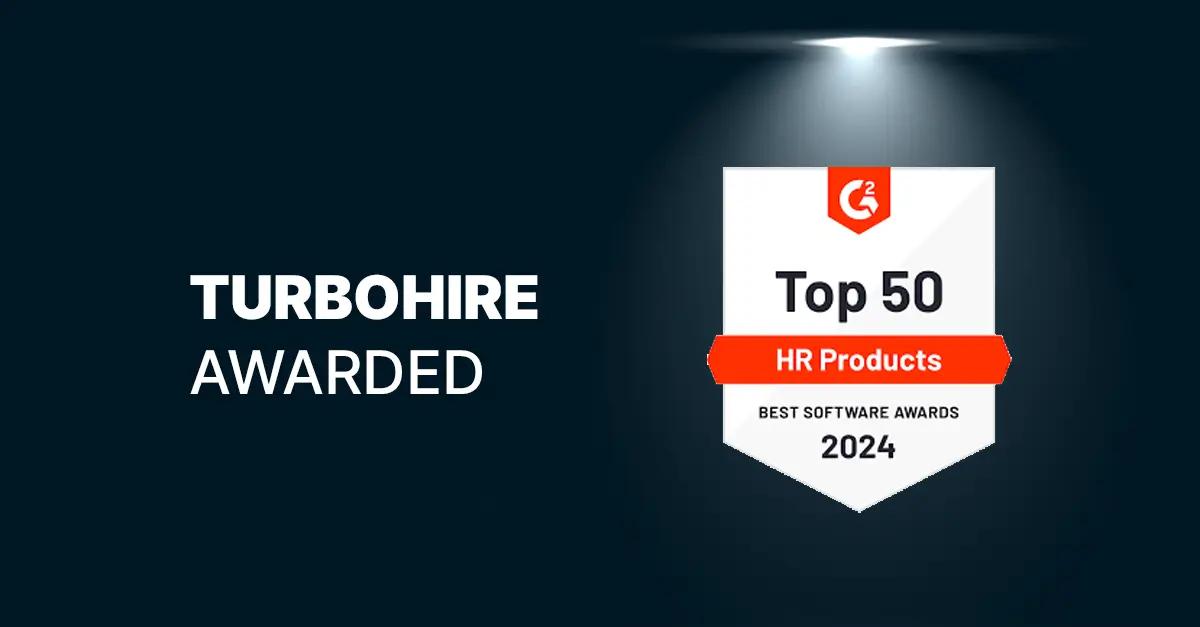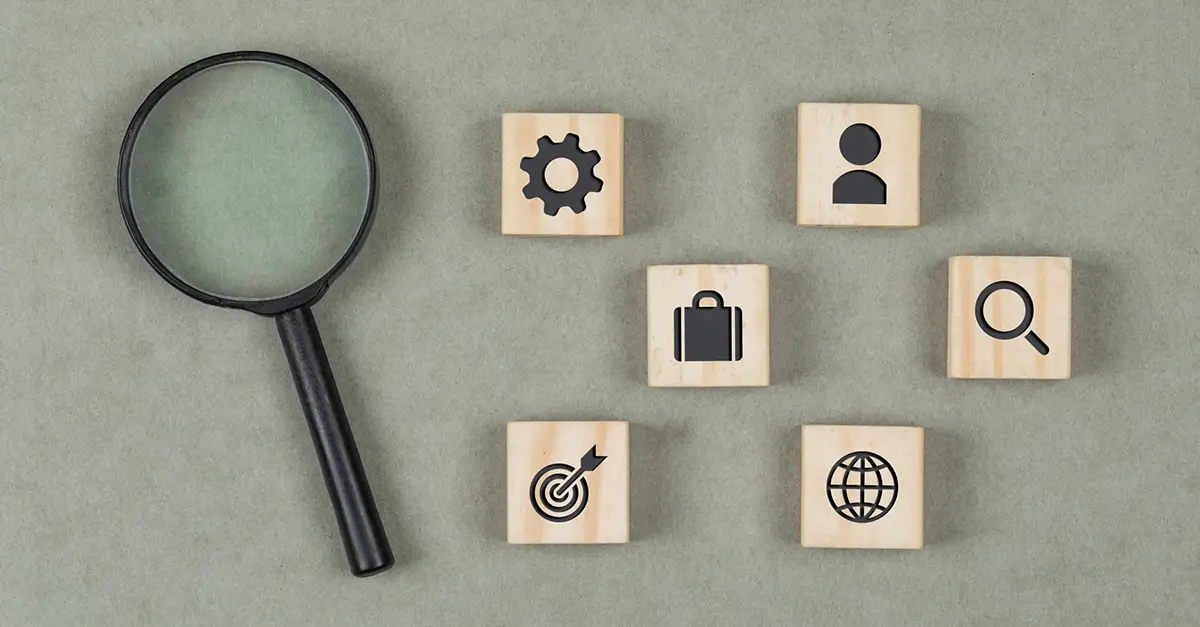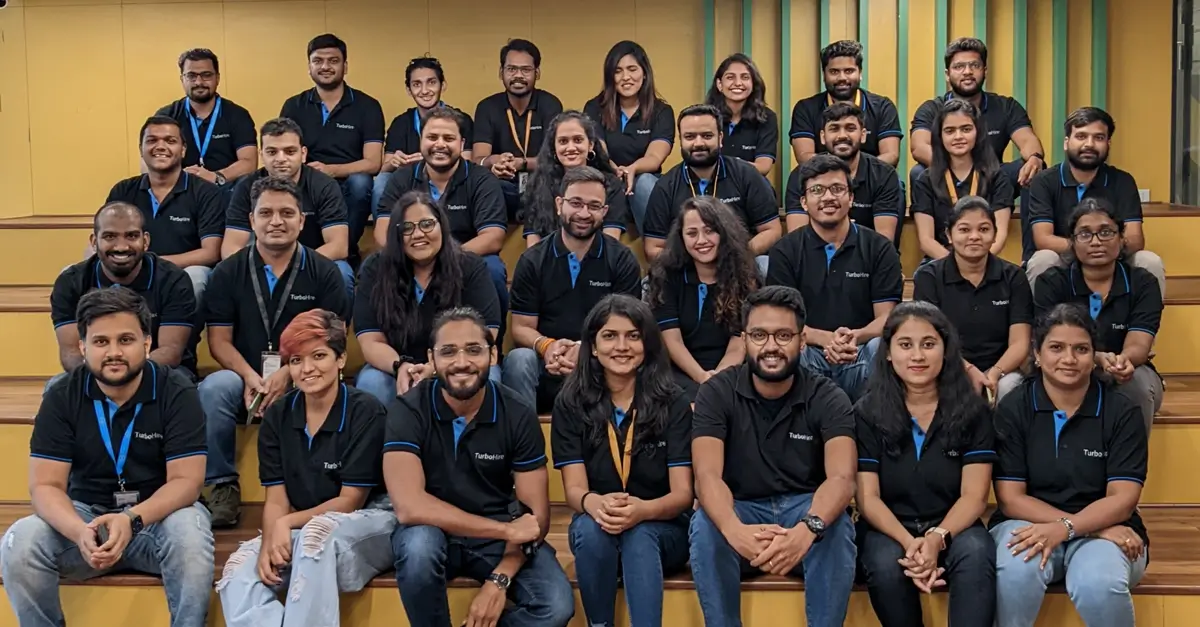Introduction
The life sciences industry is experiencing a profound transformation in hiring practices, driven by an increasing demand for niche roles requiring specialised expertise. Positions in biotechnology, pharmaceuticals, and specialised research are becoming more critical, making it essential for companies to attract top-tier talent. To meet these needs, businesses are turning to referral networks, which have proven crucial for identifying and securing the right professionals in these specialised fields, ensuring innovation and growth.
At the same time, the life sciences sector typically has an ongoing need to fill field-sales positions at scale, across various locations. Traditional hiring methods often struggle to meet these demands efficiently. However, the HR digital transformation is revolutionising this aspect of the industry. AI-enabled automation is streamlining the hiring process by automating tasks such as candidate sourcing, screening, and matching. By combining targeted referral strategies with advanced AI tools, companies are enhancing efficiency and ensuring the rapid and accurate placement of these critical but less specialised positions.
This integrated approach, leveraging both AI-driven automation and referral networks, is essential for sustaining growth and driving innovation in the highly competitive life sciences industry.
Key Sectors Within the Life Sciences Industry:
- Pharmaceuticals: The pharmaceuticals industry is dedicated to the discovery, development, and manufacturing of drugs and therapies. This highly regulated industry requires extensive research, clinical trials, and compliance to ensure the safety and efficacy of new treatments. The pharmaceutical industry plays a critical role in advancing healthcare and addressing various medical conditions. Learn more about 2024’s hiring trends in the pharmaceutical sector.
- Biotechnology: Biotechnology harnesses the power of living organisms, cells, and biological systems to create innovative products and technologies. This sector is pivotal in addressing challenges in medicine, agriculture, and the environment. With cutting-edge advancements in gene therapy, personalized medicine, and bioengineering, biotechnology continues to lead innovation within the life sciences industry.
- Medical Devices and Diagnostics: The medical devices and diagnostics sector is responsible for developing instruments, machines, and reagents that diagnose, prevent, and treat medical conditions. Innovations such as wearable technology and advanced imaging systems have revolutionized patient care, making this sector crucial to improving healthcare outcomes.
- Healthcare and Clinical Research: Healthcare and clinical research are vital in translating medical research into patient care. This sector focuses on the development and implementation of clinical trials, which are essential for testing new drugs, treatments, and technologies before they reach the public. Healthcare research drives progress in medical treatments and patient care.
Hiring Challenges in the Life Sciences Industry
- Shortage of R&D Talent: The life sciences industry is experiencing a critical shortage of skilled professionals in research and development, which hinders innovation and slows the development of new products.
- Limited Availability of Qualified Talent: Companies often face difficulties in sourcing a sufficient volume of candidates who possess the specialised skills required for niche roles, impacting hiring efficiency.
- Challenges in Bulk Sales Hiring: Recruiting large numbers of sales professionals with the necessary expertise in the life sciences sector is a persistent challenge, affecting overall sales performance.
- Manufacturing Hiring Difficulties: The hiring of talent for specialised manufacturing roles within the life sciences industry is complex due to the need for specific technical skills.
- Rising Hiring Costs: The increasing cost of attracting, hiring, and retaining top talent in the life sciences sector is a major concern for companies striving to remain competitive.
- Intense Competition for Talent: High competition for skilled professionals in the life sciences industry drives up hiring costs and complicates efforts to secure top talent.
- High Attrition Rates in Sales/Field Sales: The industry struggles with high attrition rates in sales and field sales roles, leading to challenges in maintaining a consistent and effective sales force.
- Balancing Cost Efficiency with Talent Quality: Companies are challenged to balance the need for cost-efficient hiring strategies with the imperative of hiring high-quality talent to meet industry demands.
- Integrating New Technologies in Hiring: The integration of advanced technologies such as AI and automation into hiring processes presents both opportunities and challenges for life sciences companies.
- Balancing Global Demand with Local Hiring Needs: Navigating global talent demand while addressing local hiring requirements is a complex issue for multinational life sciences companies.
- Ensuring Data Privacy and Confidentiality: Protecting the privacy and confidentiality of candidate data during the hiring process is a critical concern, requiring stringent security measures.
Transforming Hiring with TurboHire
Introducing TurboHire, an end-to-end hiring platform that seamlessly blends Design, AI, and Automation to transform the experiences of all stakeholders involved in hiring. Specifically, TurboHire offers a comprehensive suite of experiences:
- Candidate Experience: Streamlines the entire job application process from submissions to pre-onboarding.
- Recruiter Experience: Features automated sourcing, AI-powered screening, and integrated tools for interviewing and background checks.
- Interviewer Experience: Provides a versatile Interview Hub for scheduling and feedback.
- Approver Experience: Facilitates job and offer approvals across devices.
- Leadership Experience: Delivers real-time insights and dashboards on all hiring activities.
These tailored experiences improve each phase of the hiring process, significantly impacting candidate engagement and decision-making outcomes.
Targeted Solutions for the Life Sciences Industry by TurboHire
TurboHire also offers specialised solutions to address the unique challenges of hiring in the life sciences industry:
- Walk-in Hiring in Life Sciences: In the life sciences sector, where the demand for skilled professionals can be both immediate and specialised, walk-in hiring events are an effective strategy to quickly onboard talent. By integrating modern technologies such as QR codes and WhatsApp chatbots, these events can be significantly streamlined. QR codes enable candidates to swiftly register their interest and submit their details directly into the company’s hiring platform, eliminating the need for cumbersome paperwork. Automated assessments ensure that only the most qualified candidates proceed through the hiring process, while automated interview scheduling allows for efficient time management. This streamlining is crucial in ensuring that the recruitment team can focus on evaluating candidates rather than logistical tasks, making the walk-in hiring process more efficient and effective.
- Campus Hiring in Life Sciences: Campus hiring is a vital strategy in the life sciences sector, where fresh graduates bring new perspectives and up-to-date knowledge in cutting-edge technologies and methodologies. To maximise the effectiveness of campus recruitment, companies can leverage job links, QR codes, and WhatsApp chatbots to facilitate a seamless application process. Automated assessments and interview automation not only expedite the selection process but also ensure that candidates are evaluated fairly and efficiently. By implementing these advanced tools, life sciences companies can secure top-tier graduates who are well-equipped to contribute to the industry’s growth and innovation. For a deeper understanding of these strategies, our guide on Optimising Campus Hiring with Advanced Tools offers valuable insights.
- Referral Hiring in Life Sciences: Referral hiring is particularly effective in the life sciences sector, where niche expertise and industry-specific knowledge are highly valued. Leveraging automation tools can greatly enhance the efficiency of referral programs, making it easier to manage the influx of referred candidates and ensuring that each one is evaluated consistently and fairly. Automated systems can streamline the entire referral process, from tracking submissions to conducting preliminary assessments, ultimately leading to a more efficient and effective talent acquisition strategy. By optimising referral hiring, life sciences organisations can tap into a network of qualified candidates who are more likely to fit the company culture and contribute meaningfully to its success.
The Impact of AI and Automation
- Enhancing Talent Sourcing: AI-driven platforms like TurboHire analyse extensive data to pinpoint candidates with the precise skills and experience needed for specialised roles in the life sciences sector. This advanced sourcing ability enables recruiters to swiftly identify the right talent.
- Streamlining Hiring Processes: TurboHire transforms the hiring process by automating repetitive tasks like resume screening, interview scheduling, and candidate communication. This automation allows recruiters to concentrate on strategic decision-making, significantly enhancing overall efficiency.
- Improving Candidate Matching: TurboHire’s AI algorithms enhance candidate matching by considering a wide range of factors, including qualifications, experience, and cultural fit. This leads to more accurate placements, reducing the time to hire and improving retention rates.
- QR Code Application: Candidates can quickly scan a QR code to apply for jobs, accessing a WhatsApp bot that streamlines the application process and enhances the candidate experience.
- WhatsApp Chatbot: TurboHire’s Meta-verified WhatsApp bot automates initial interactions, screens candidates, schedules interviews, and facilitates document exchanges—all without requiring a login.
- Automated Workflows: TurboHire automates key hiring tasks, including candidate screening, follow-up communications, interview scheduling, and status updates, reducing the administrative load on recruiters.
- Enhancing Candidate Experience: The login-less WhatsApp bot ensures seamless communication and a smooth application process, maintaining a positive candidate experience even during high-volume hiring.
- Login-Less Feature: TurboHire’s login-less feature simplifies job applications, increasing completion rates and providing recruiters with a larger, more diverse candidate pool.
Conclusion
As the life sciences industry continues its rapid evolution, the integration of AI and automation is emerging as a game-changer in addressing the complex challenges of talent acquisition. The demand for specialized roles is intensifying, and traditional hiring methods often fall short of meeting these needs. This is one of the primary reasons why life science companies too are undergoing digital transformations in HR and other business functions. AI-driven platforms, such as TurboHire, are stepping in to fill this gap, offering solutions that not only streamline the hiring process but also enhance the overall candidate experience.
By automating critical tasks like candidate sourcing, screening, and matching, these technologies enable life sciences companies to identify and secure talent with greater efficiency and accuracy, at scale. This shift is particularly vital in an industry where the speed and precision of hiring can directly impact innovation and growth. Moreover, the enhanced candidate experience provided by these platforms is crucial in attracting and retaining high-quality professionals, ensuring that companies build strong, capable teams.
As the competitive landscape of the life sciences sector becomes increasingly complex, the strategic application of AI and automation will be essential for companies looking to stay ahead. By embracing these advanced tools, life sciences organizations can optimise their hiring strategies, reduce time-to-hire, improve retention rates, and ultimately ensure sustained success in an ever-changing environment. The future of hiring in the life sciences lies in the intelligent and deliberate use of technology, which will continue to reshape the industry and drive it toward new heights of innovation and excellence.


